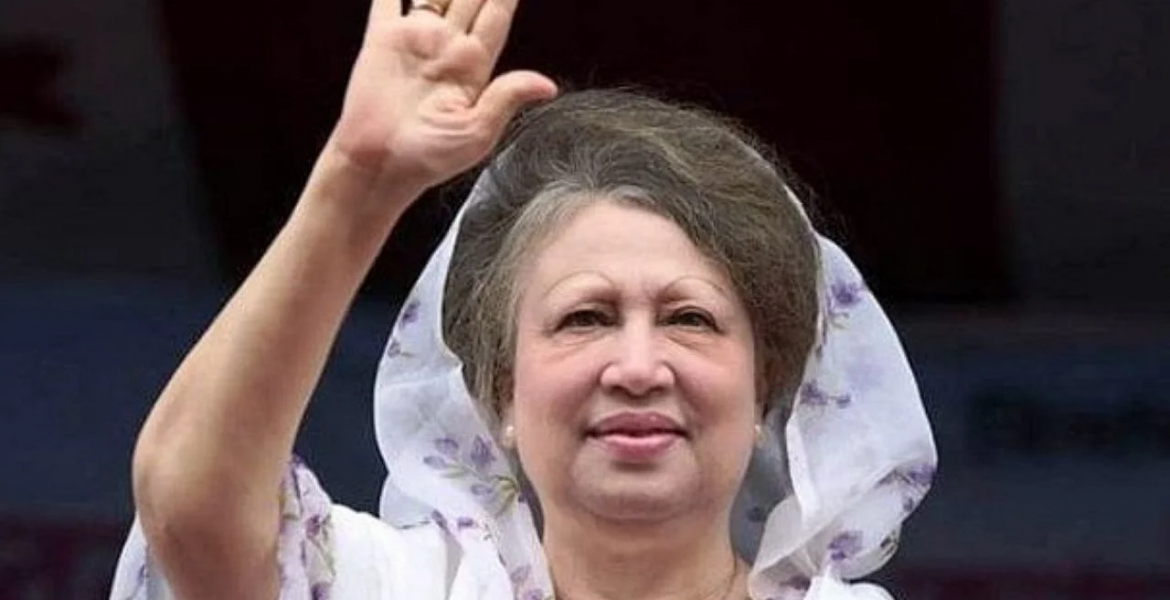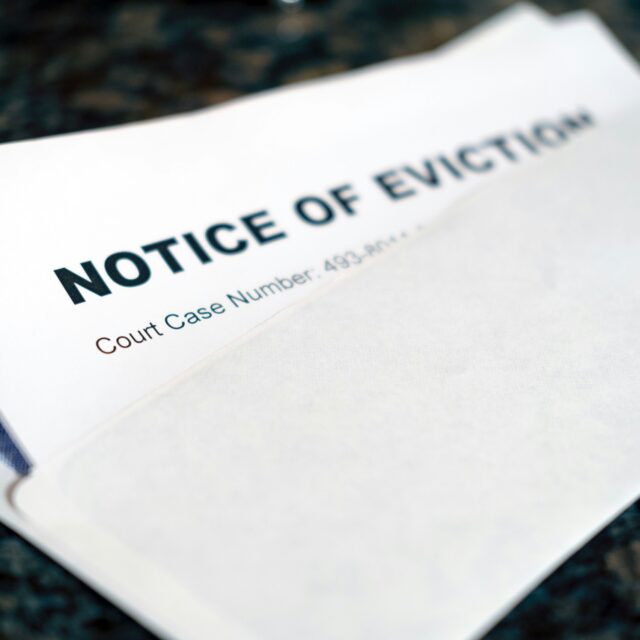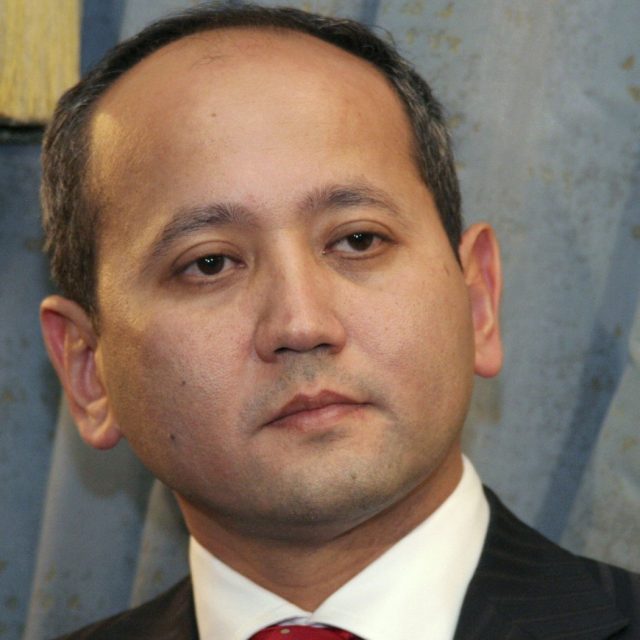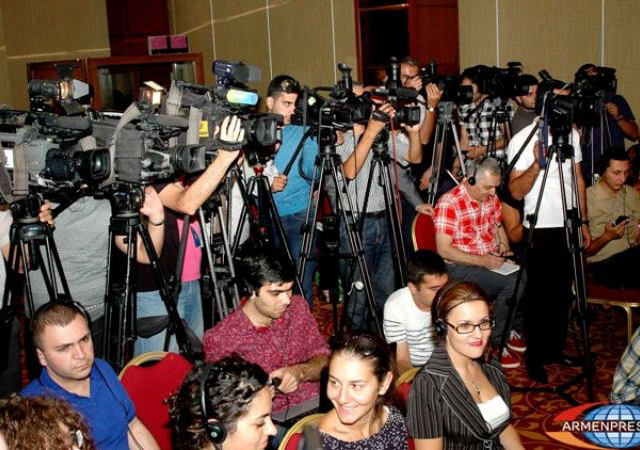The EU has been urged to intervene in the case of a former Bangladeshi PM who claims to be under house arrest in the country, despite being seriously ill.
Khaleda Zia is a Bangladeshi politician who served as the Prime Minister of Bangladesh from 1991 to 1996, and again from 2001 to 2006.
She was the first woman in the country’s history and second in the Muslim majority countries to head a democratic government as prime minister.
Bangladesh doctors treating the ailing opposition leader they fear for her life if she is not allowed to fly abroad for medical care.
Zia, the 76-year-old leader of the Bangladesh Nationalist Party (BNP) and archrival of current Prime Minister Sheikh Hasina, has been diagnosed with cirrhosis of the liver. Her doctors said she suffered three big internal bleeds recently.
Her supporters took to the streets on Brussels on Wednesday to win EU support for her case.
One former MEP and now a peer in the UK, Lord Wajid Khan, appeared via a video link to an event at the city’s press club where supporters gathered to debate her case.
He said he backed their calls for her to be released so that she can get medical attention in Europe.
He said, “This case highlights what is going wrong in the country. This is not just about politics but about human rights.”
His comment was echoed by Babu Michel, secretary general of the BNP, who said, “No less than 12 human rights groups have called for her to be allowed to leave the country for treatment. We are calling for the same thing.”
Another speaker at the event, Saydur Rahman, president of the BNP and also based in Belgium, said, “She is very, very sick and we do not know how much longer she can live. She cannot access the treatment she needs in the country so must be allowed to leave urgently. It is not acceptable for her to be detained in this way.
“This is a country of 180m people and 60pc of them support the BNP and if something bad happens to the former PM I fear there will be serious civil unrest in the country. This will spill over into Europe with a possible influx of refugees in the event of a civil war. This is one reason why the EU should wake up to this case and intervene now.”
Zia has been in the critical care unit of a Dhaka hospital since November 13, just five months after she recovered from COVID-19.
But the leader of the main opposition party has been barred by a court from leaving the country after being convicted on corruption charges in 2018.
As her condition has worsened, BNP activists and supporters have staged protests such as that in Brussels demanding she be allowed to travel for treatment.
Rahman added “We formed a human chain near the commission on Wednesday and lit candles to draw attention to this serious human rights violation. The government refuses her permission to leave on the grounds that she faces what are groundless accusations.”
It is alleged the former PM misspent funding from the Qatar government in 2007. She strongly refutes the allegations and says they are politically motivated.
Rahman said, “This is a clear breach of human rights. The EU is always banging the drum for democracy and human rights so we are asking it to now doing something about this particular breach.
“She did not gain personally from this funding which was sent to a charitable organisation in the country. To now deny her treatment is compounding the crime.”
Zia was PM no less than three times in the country and left office in 2006.
She claims she has been denied adequate medical treatment and her supporters say she may only have days to live unless she is allowed out of the country to get treatment in another country.
She is widely credited with having progressed the development of democracy, human rights in the country and promoted women’s rights and further education.




